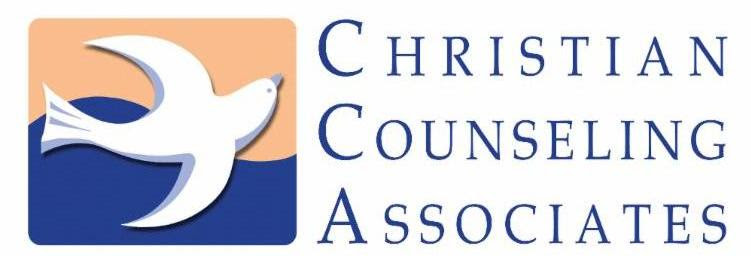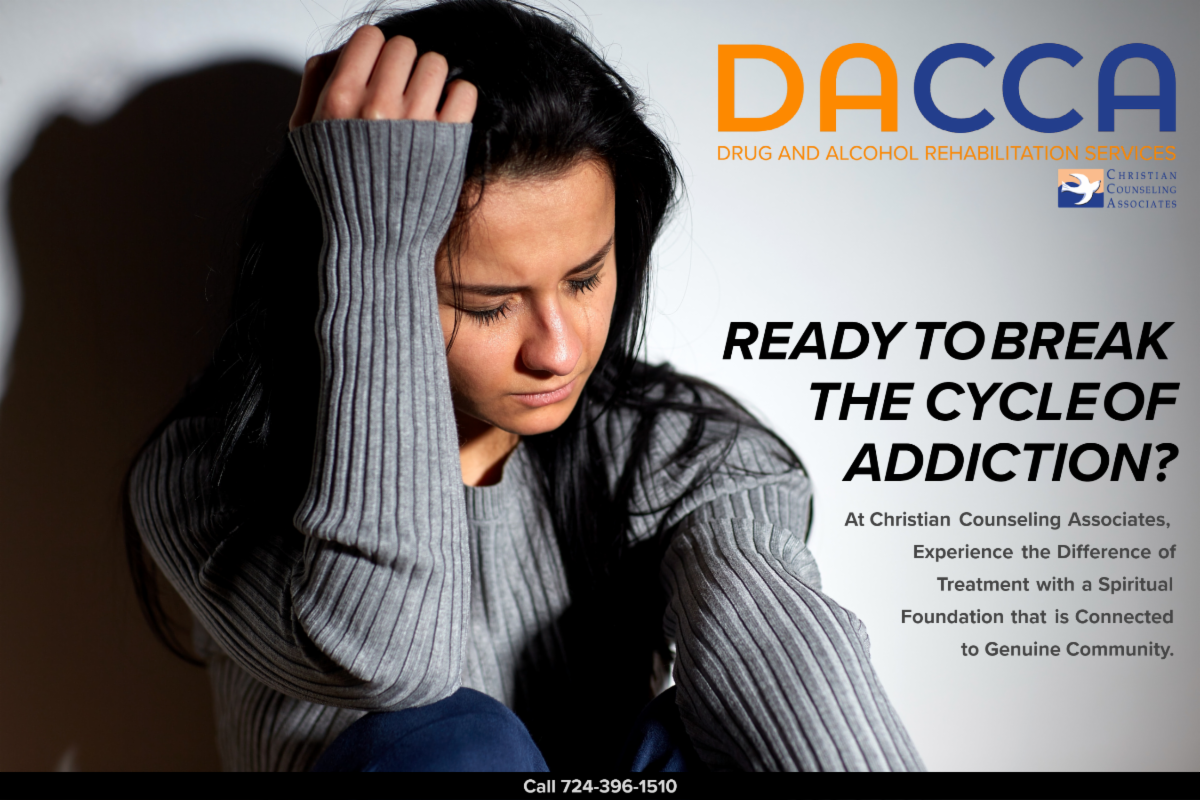For their sixth episode, podcast hosts reach out to a sage and seasoned pair of Presbyterian pastors
July 1, 2024

Photo by Benarelexander via Pixabay
The hosts of the “Around the Table” podcast, the Rev. Michelle Thomas-Bush and the Rev. Cliff Haddox, recently turned to a pair of grandparents to share their wisdom on holding meaningful and helpful conversations with young people. Listen to their 46-minute conversation with the Rev. Robert Hay Sr. and the Rev. Dr. Sarah Reyes Gibbs here.
For Hay, the best part of grandparenting “is watching them grow up, and being in their lives so much, watching them turn into incredible people.”
“I am more of a storyteller than an academic intellectual,” said Reyes Gibbs, who counts among her children the Rev. Bruce Reyes-Chow, moderator of the 218th General Assembly (2008). For her, a conversation starter might be, “What’s your gut reaction to the disciples being knuckleheads — and how do we fit with them?” she said.
At her home congregation, Trinity Presbyterian Church in Stockton, California, “meals focused on family, and we had amazing potlucks. Children were running around, and everyone was welcome at the table. Sharing stories is the best,” she said, “and I love to hear the kids tell their stories.”
Hay said his extended family normally has lunch together after church services. When he told some of his grandchildren he’d be participating in the podcast the following day and asked for examples of how he’d shared his faith with them, one immediately chimed in with, “You took us to camp!”
Hay, who served the Presbytery of Sheppards and Lapsley for two decades, recalled his family involvement in securing the naming right for the road that goes through the presbytery’s youth and children’s camp. “We call it Hay Way,” he said.
Reyes Gibbs waited until the age of 50 to enter ministry. “They have seen me live a life with challenges and obstacles,” she said of her grandchildren. “I have been encouraged by their faith in me.”
 But at one point, a grandchild told her, “I don’t believe in God anymore.”
But at one point, a grandchild told her, “I don’t believe in God anymore.”
“You know what?” she told her grandchild. “I’m going to believe in God so much for you that you don’t have to worry about that.”
“All my children have a soft spot for the marginalized,” she said. “God is continuing to work without my help.”
At the suggestion of her son, Reyes Gibbs greets her grandchildren after school with “Were you kind today?” or “Was someone kind to you?” rather than merely asking them how their day was.
Thomas-Bush said grandparents “can have some hard conversations, from drinking to life issues, that the parents don’t have and can’t have sometimes. You’re invested in who they are,” she told Hay and Reyes Gibbs, “but you’re not so concerned with every step along the way the way that parents are.”
“The first thing that comes to my mind is … this generation is going to be OK,” Hay said. “They are the pandemic generation, and it’ll be studied forever, I’m sure.” He said he experienced families growing “incredibly tight, particularly church families” during the pandemic. “They had nobody else to be with. Because they were hunkered down, they weren’t exposed to a lot of the bad stuff.”
Many years ago, Hay’s mother taught him this mealtime prayer: “Come Lord Jesus be our guest, May this food by thee be blessed/Bless our family everywhere/And keep them in thy loving care.”
“All the grandchildren and great-grandchildren have learned it and say it,” he said. “Young people intentionally look for God in their everyday life.”
“I try to model what it means to do what Christianity calls us to do and encourage the kids to be grateful. We don’t do much God talk,” Reyes Gibbs said. “I think our familial tradition is more of a cultural approach to the Divine, a way of understanding who we are and what we’re about.”
“My intention,” she said, “is not to act like a jerk and call myself a Christian.”
“They can read when you’re trying to get at something,” Thomas-Bush said. “You can’t organize those teachable moments.
“Around the Table” is an initiative of the Office of Christian Formation. Listen to previous editions of the podcast here.
Mike Ferguson, Editor, Presbyterian News Service
Today’s Focus: “Around the Table” podcast
Let us join in prayer for:
PC(USA) Agencies’ Staff
Clare Lewis, President & CEO, Presbyterian Investment & Loan Program
Shelly Lewis, Administrative Manager, Controller’s Office, Administrative Services Group (A Corp)
Let us pray
Many and great, O God, are they things, maker of earth and sky. Grant unto us communion with thee. Come unto us and dwell with us. In Jesus’ name we pray. Amen.













